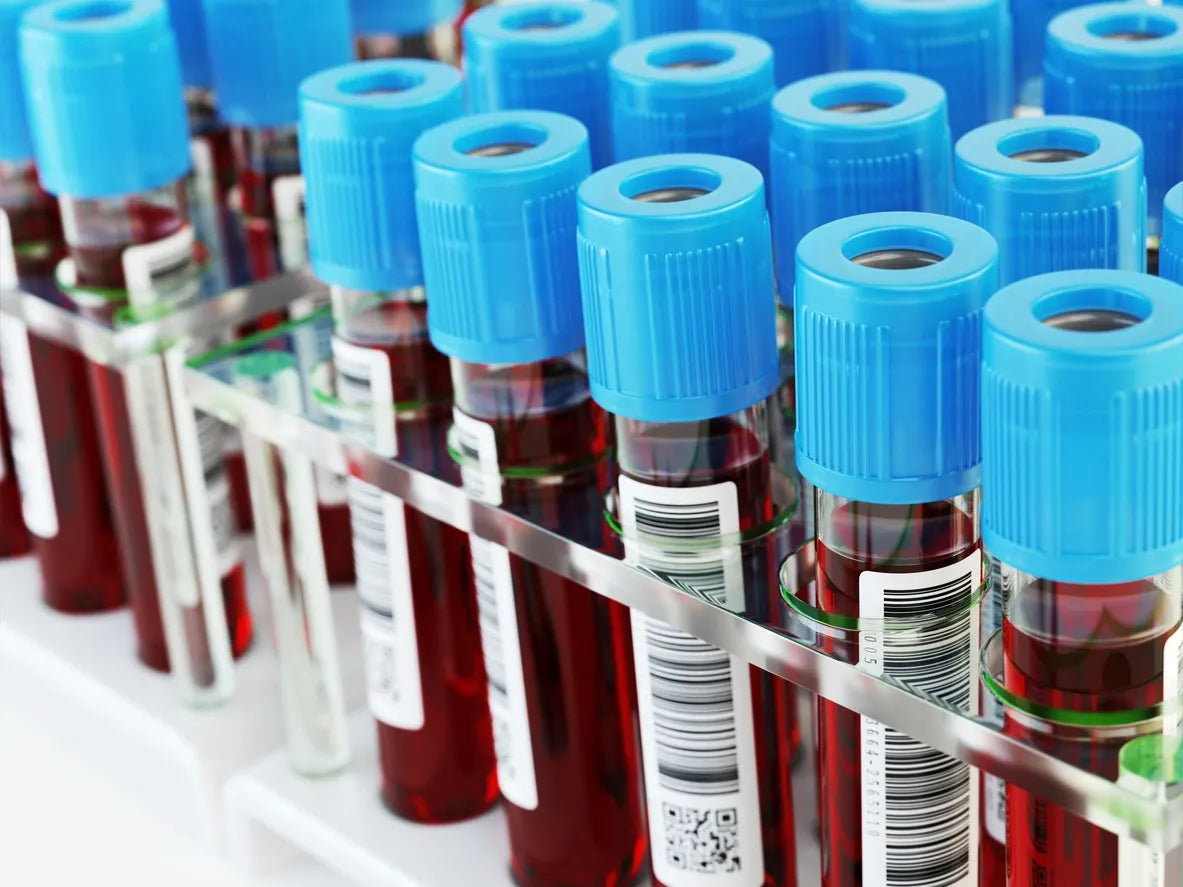
Understanding Endocrine and Metabolic Conditions
Learn about a wide range of hormonal, adrenal, thyroid, and metabolic conditions. Each article provides clear, concise information to help you better understand the causes, symptoms, and potential health impacts of these disorders.
Congenital Adrenal Hyperplasia
A Hormonal Disorder Explained
What Is CAH?
Congenital Adrenal Hyperplasia (CAH) refers to a group of genetic disorders affecting the adrenal glands, which are responsible for producing vital hormones like cortisol, aldosterone, and androgens. The most common form is 21-hydroxylase deficiency, which impairs cortisol and sometimes aldosterone production, leading to a hormonal imbalance and overproduction of androgens (male sex hormones).
How Does It Start?
CAH is inherited in an autosomal recessive pattern, meaning a child must inherit two copies of the defective gene (one from each parent). It is usually diagnosed at birth or in early infancy during newborn screening, though milder forms (non-classic CAH) may not appear until later in life.
Who Is at Risk?
Children born to parents who are both carriers of a CAH-causing gene have a 25% chance of having the condition. CAH affects both males and females, but the symptoms may appear more prominently in females due to androgen excess.
What Are the Symptoms?
There are two main types:
- Classic CAH: More severe and typically diagnosed in infancy. It can cause:
- Salt-wasting crisis (vomiting, dehydration, low sodium, high potassium)
- Ambiguous genitalia in females
- Poor weight gain and failure to thrive
- Non-classic CAH: Milder and may present later with:
- Early puberty
- Excess body hair (hirsutism)
- Irregular periods or infertility
- Acne or oily skin
- Short stature in adulthood due to early bone growth plate closure
Diagnosis and Testing
Diagnosis includes:
- Newborn screening
- Hormonal testing: Elevated 17-hydroxyprogesterone (17-OHP) levels
- ACTH stimulation test
- Genetic testing for CYP21A2 mutations
- Electrolyte and adrenal hormone evaluation
How Is CAH Treated?
The goal is to replace deficient hormones and suppress excess androgen production:
- Glucocorticoids (e.g., hydrocortisone) to replace cortisol
- Mineralocorticoids (e.g., fludrocortisone) to manage salt balance in classic forms
- Salt supplementation in infants
- Monitoring and adjusting medications through life stages, including during illness, surgery, or pregnancy
How Health Force One Helps
At Health Force One, we provide specialized endocrine care for both classic and non-classic CAH:
- Expert diagnosis and hormone monitoring
- Ongoing medication management
- Education and coaching for parents and patients on stress dosing, puberty, fertility, and long-term management
- Coordination of multidisciplinary care including endocrinology, gynecology, genetics, and behavioral health if needed
References
- Speiser, P. W., & White, P. C. (2022). Congenital adrenal hyperplasia. New England Journal of Medicine, 386(13), 1248–1261. https://doi.org/10.1056/NEJMra1909786
- Auchus, R. J. (2020). Management of the Adult With Congenital Adrenal Hyperplasia. The Lancet Diabetes & Endocrinology, 8(6), 498–512. https://doi.org/10.1016/S2213-8587(20)30102-6
- Merke, D. P., & Auchus, R. J. (2020). Congenital Adrenal Hyperplasia Due to 21-Hydroxylase Deficiency. Endocrine Reviews, 41(5), bnaa005. https://doi.org/10.1210/endrev/bnaa005
- Turcu, A. F., & Auchus, R. J. (2021). Diagnosis and Management of Nonclassic Congenital Adrenal Hyperplasia. Endocrine Clinics of North America, 50(4), 855–866. https://doi.org/10.1016/j.ecl.2021.06.008
- Claahsen-van der Grinten, H. L., et al. (2019). Congenital Adrenal Hyperplasia – Current Insights in Pathophysiology, Diagnosis, and Management. Endocrine Reviews, 40(6), 1303–1345. https://doi.org/10.1210/er.2018-00171


